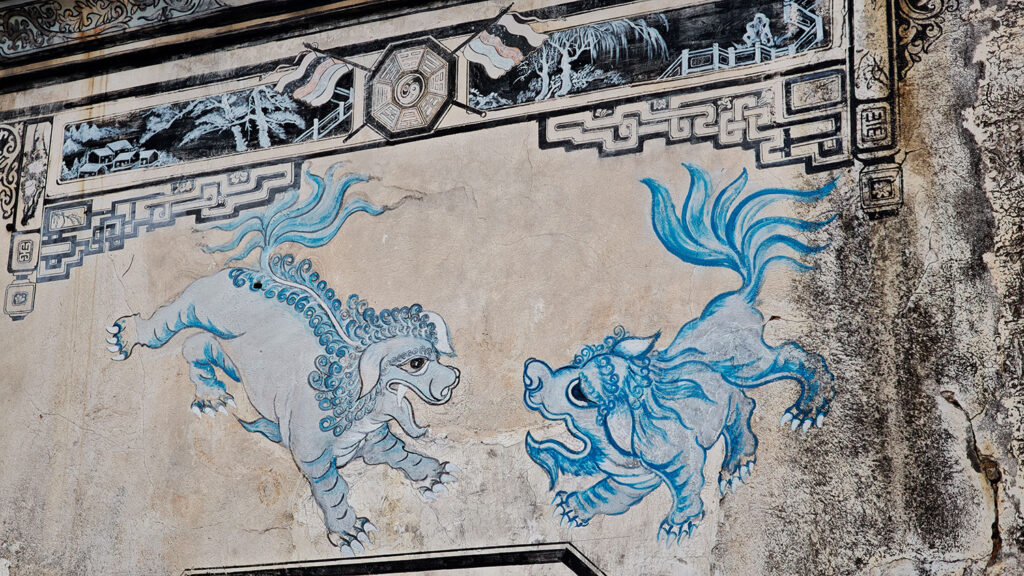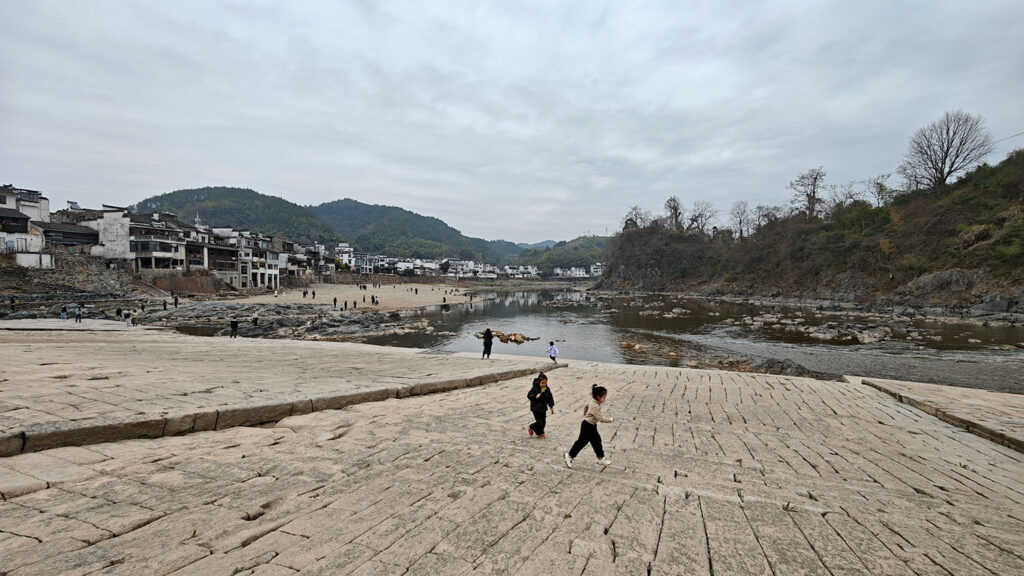Arne was the 17-year-old who we all looked up to, always seen in our street wearing white sport clothes, black shades, and headphones attached to his MP3 player. You know, the ones that go behind your head, instead of two loose cables. Arne was taller, faster, stronger — cooler than us. We were still mere boys, while Arne was on the cusp of being a man. And then he suddenly died.
This was 2003. His mom, who lived next to our neighbour, was inconsolable. At that same time, my own mother was battling breast cancer, fearing the many surgeries to come and what it would do to her body. She cried with Arne’s mother for the loss of her son, and suppressed her own grief, because how could it possibly compare? How could she dare to feel sad when another mother had just lost her son? Arne’s death reduced her own illness to nothing. But in that terrible grief, having just lost her son, Arne’s mother told my mother: “You have the right to own your grief as well.”
You have the right to your own grief (and happiness). This is easy to forget or ignore. The climate at the brink of extinction, thousands of people are dying from hunger every day, the coronavirus spreads across the world. How could I dare to feel my grief about this minor thing that happened to me?
Owning your own grief and happiness sounds simple and redundant, but it’s a powerful concept. With 24/7 newsfeeds and a constant stream of information, it’s perfectly rational to be offended or worried all the time. There’s always a bigger disaster. Arne died that day and we were all devastated. But what about the thousands of kids that die every day from malnutrition? A?! We don’t worry about that?!
It seems perfectly acceptable to reduce your own feelings in this, because how could they compare? But that’s no way to live, to constantly have external things to determine your internal feelings. Learn to own your own happiness. Don’t numb it. Own the right to own it. None of us is getting out of this adventure alive. Just let yourself enjoy it. It’s a pretty sweet deal.



